The Luxury Tourism Market in Vietnam: Opportunities and Challenges
Overview
Vietnam, with its magnificent natural beauty and rich culture, has become an attractive destination for tourists worldwide. However, the luxury tourism market in Vietnam only accounts for about 5% of the total market share. This means there is still much untapped potential. According to Dr. Pham Ha, CEO of LuxGroup, this market is gradually growing stronger as the demand for unique and high-end travel experiences increases.
Main Activities of LuxGroup
LuxGroup, with renowned brands such as Luxury Travel, Lux Travel DMC, Lux Cruises, Emperor Cruises, and Heritage Cruises, has created a new wave in luxury tourism, especially during and after the pandemic. Lux Cruises’ ships operate in Vietnam’s most beautiful seas such as Nha Trang, Ha Long, Bai Tu Long, and Lan Ha. In 2022 and 2023, LuxGroup’s cruises were fully booked 3-6 months before summer, demonstrating the allure of these luxury travel products.
However, the Vietnamese tourism market is still strongly influenced by seasonality, with high visitor numbers during summer and Tet holidays. In 2024, domestic tourist numbers decreased by 50% in distant destinations like Nha Trang and even close ones like Hanoi, largely due to the trend of Vietnamese tourists traveling abroad.
Luxury Tourism Trends
An important segment of the luxury tourism market is young customers who are experiencing luxury for the first time, such as on cruises. They often decide their trips based on emotions and the desire for new, unique, and high-end experiences. Notably, LuxGroup’s cruises attract many affluent customers who have high spending power and appreciate cuisine, culture, and historical stories.
Luxury tourists typically seek refined and private experiences, such as fine dining in a soft music ambiance, admiring paintings, and swimming at secluded beaches. These factors contribute to a high-class and serene travel experience.
Challenges and Opportunities
Despite its potential, the luxury tourism market in Vietnam faces many challenges. One of the biggest issues is the lack of sustainable development strategies and tactics from management levels. The lack of connectivity between destinations, airlines, and travel companies leads to uncoordinated development, disrupting the landscape and quality of tourism services.
Vietnam needs a long-term strategy to develop the luxury tourism market harmoniously across sectors like agriculture, sports, culture, and tourism. This requires close collaboration among stakeholders, from the government, businesses, to community organizations, to ensure sustainable development and benefits for all parties involved.
Customer-Centric Approach
According to Dr. Pham Ha, sustainable tourism development requires putting customers at the center. Understanding the needs and desires of luxury tourists is key to creating suitable products and services. Luxury tourists not only seek opulence but also want experiences that bring happiness and peace to their body, mind, and spirit.
Future Potential
With a population of over 100 million, Vietnam has a vast domestic and international tourism market. However, according to Dr. Pham Ha, we have only exploited about 50% of this market’s potential. The middle and upper classes, accounting for about 40% of the population, have high demands for high-end services and experiences.
New Directions
To fully exploit this potential, there needs to be innovation and creativity in market approaches. Firstly, the quality of human resources and destination management must be enhanced, ensuring tourism services meet international standards. Secondly, unique and sustainable tourism products need to be developed to attract both international tourists and meet the needs of domestic travelers.
LuxGroup, with its experience and sensitivity in the industry, is leading in developing high-end tourism products in Vietnam. By combining cultural heritage, nature, and luxurious experiences, LuxGroup not only offers memorable trips but also contributes to elevating Vietnam’s tourism industry on the global map.
Conclusion
The luxury tourism market in Vietnam, although facing many challenges, also presents great opportunities. With the right development strategy and close cooperation among stakeholders, including airlines, travel companies, and destinations, Vietnam can become a top destination for high-end tourists worldwide. LuxGroup, under the leadership of Dr. Pham Ha, is proving to be a pioneer in tapping this potential and contributing to the sustainable development of Vietnam’s tourism industry.
